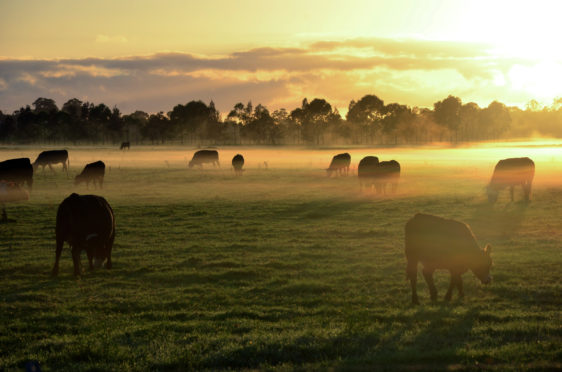Farmers who cannot face continuing after Brexit will be able to discuss “tough decisions” and get help to exit the industry in a new programme being prepared by Scotland’s farm advisory service.
Funds have been allocated to the scheme which will be delivered from next April.
SAC Consulting programmes manager Andrew Bauer emphasised that the scheme was not a “counsel of despair”, and 98-99% of the agency’s delivery will continue to be about how to stay in the industry and be more sustainable and profitable.
However, he said that for a long time people have known change is coming, yet apart from discussions with a bank manager, there was little support for those who were thinking of quitting agriculture.
“That time has come,” he said.
“There is a compelling case for helping people in an ordered way while respecting their dignity. We will have the resources to guide people through that process and we are in discussion with related agencies to bring them on board.”
Meanwhile, Scottish agriculture’s disconnect from imminent support changes was laid bare in Edinburgh yesterday when of the 200 people who gathered to debate mechanisms to pay the industry to provide “public goods”, only one delegate attended as a farmer.
NFU Scotland (NFUS) and the National Sheep Association each fielded a single representative at the Land Use and Environment conference hosted by Scotland’s Rural College (SRUC), where rural consultants, academics and government officials emphasised the urgency of finding innovative ways of supporting farmers to do things other than produce food when funding becomes the responsibility of Westminster rather than Brussels.
If farmers had been in the room they might have bristled at the tone of the discussion which broadly argued that the industry was currently failing to provide what society wanted.
NFU Scotland environment manager Andrew Midgley chastised the speakers for their tone and pondered how a “posse” of farmers from his environment committee might react if they were in the audience , hearing they would need to farm differently in future.
He said how parties engaged in the discussion and setting the right tone was critically important.
nnicolson@thecourier.co.uk










